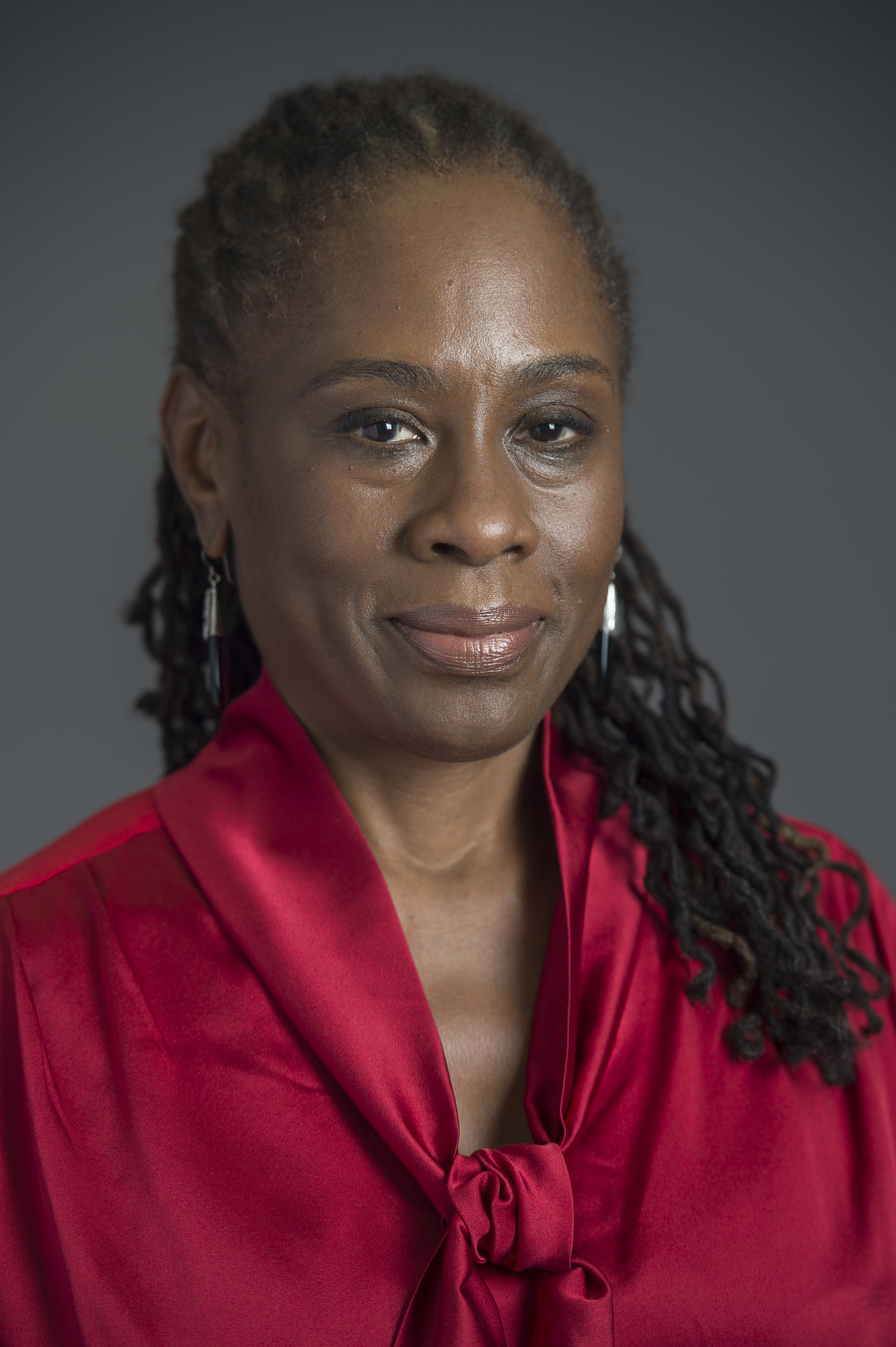
“But I forgive you. And have mercy on your soul.” That is what Nadine Collier said to Dylann Roof, the man accused of murdering her mother two days earlier, via a video feed at a bond hearing last week. It is Ms. Collier’s voice, as much as her words, that I will always remember. It is a voice on the verge of breaking, a voice so saturated with love and pain that it is impossible to know where one begins and the other ends.
And Ms. Collier was not alone. One after another, the family members of those who were slain during a Bible study meeting at Emanuel African Methodist Episcopal Church in Charleston, S.C., somehow found the strength to transcend their fierce agony and righteous outrage. As a society, we owe it to the victims and their loved ones to do the same.
The catastrophe in Charleston was yet another reminder of the deep-rooted and destructive forces that continue to pull us apart. I am talking about hatred, first and foremost—hatred of people who worship different than us, who love different than us, who look different than us. For all of those who like to believe that we live in a post-race society, the events of the past year, from Ferguson to Charleston, are searing proof that our nation is still a long way from living up to our highest ideals.
And I am talking about guns. We have too many of them, and too few regulations. It is no coincidence that they often end up in the hands of people who live in fear and use them as tools for terror.
But as we process what happened in that historic church and pray for the victims and their families, we must dig even deeper if we want to unearth the roots of this atrocity. As an African American, my gut instinct is to label Dylann Roof a “racist terrorist” and be done with him forever. But as a mental-health advocate, I know that we cannot afford to squander this opportunity to ask some tough questions.
We will never know for certain the exact combination of factors that drove Dylann Roof to murder nine innocent people. But if we hope to avoid future atrocities, we must change the way we talk about mental health.
Mental health is a thread that runs through so many of the “inexplicable” acts of violence that briefly consume our national attention with clockwork regularity—a thread that extends beyond the front pages of our newspapers and into the fabric of our everyday lives.
Countless times every day, our neighbors are subjected to less-publicized but still devastating acts of violence, such as domestic violence, assault, and bullying. Many of these acts can be traced back to irrational prejudice, uncontrolled anger, impulsivity, emotional and social disconnectedness, misuse of substances, and accumulated traumas—all of which make violence more likely. We also know that in many cases, the violence is preventable.
If we want to end the culture of pervasive violence that is the sad reality in too many American communities, we can’t just focus on individuals. We must also think about how we treat mental health as a society.
We need to acknowledge that ignoring public health has led to a public health crisis that will require a public health solution. People must come to see that issues such as racism, income inequality, and substandard housing contribute not just to social instability, but also to mental instability.
Far too many people aren’t asking for help because they are afraid of being stigmatized. And far too many of those who do work up the courage to seek treatment live in communities where high-quality mental health services are few and far between.
We need to commit the time and resources it will take to build a more expansive and inclusive mental health system—one that makes seeking treatment for a serious mental illness as easy as getting a flu shot.
If we work toward these goals while demanding tougher gun laws and combatting racism whenever we see it, it is possible to imagine a future in which tragedies like this one are truly rare. We do not live single-issue lives, so we must not make this a single-issue struggle. It is time for us to come together as a nation and channel our righteous outrage into work that can make a real and lasting difference.
More Must-Reads from TIME
- Donald Trump Is TIME's 2024 Person of the Year
- Why We Chose Trump as Person of the Year
- Is Intermittent Fasting Good or Bad for You?
- The 100 Must-Read Books of 2024
- The 20 Best Christmas TV Episodes
- Column: If Optimism Feels Ridiculous Now, Try Hope
- The Future of Climate Action Is Trade Policy
- Merle Bombardieri Is Helping People Make the Baby Decision
Contact us at letters@time.com